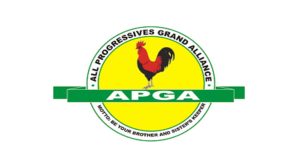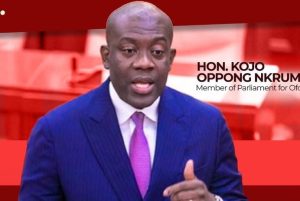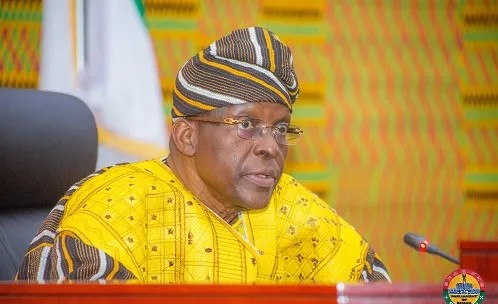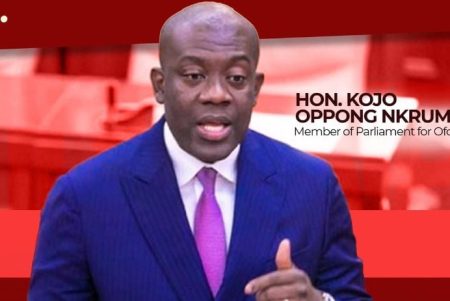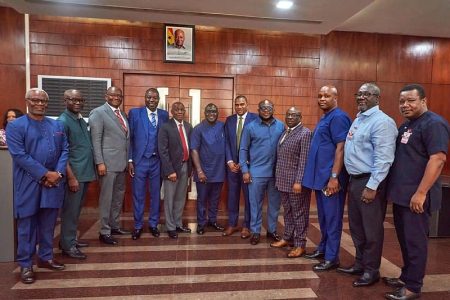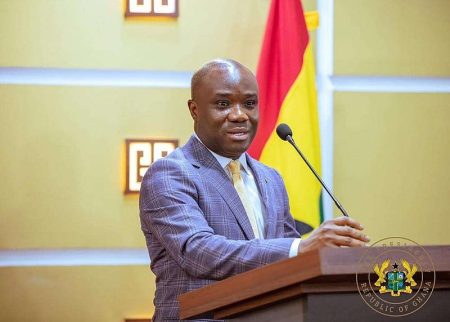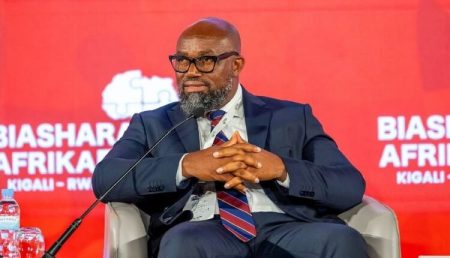The Speaker of Ghana’s Parliament, Alban Sumana Kingsford Bagbin, has granted a request by the National Intelligence Bureau (NIB) to question two Members of Parliament, Mustapha Yussif and Kwame Asare Obeng, popularly known as A Plus. This decision, communicated in a formal letter from the Clerk to Parliament, Ebenezer Ahumah Djietror, to the Director General of the NIB, signifies Parliament’s cooperation with the Bureau’s investigation while acknowledging the delicate balance between constitutional privileges and national security concerns. The letter explicitly states Parliament’s agreement, in principle, to the NIB’s request, setting the stage for the interaction between the MPs and the intelligence agency.
The scheduled meeting between the two MPs and the NIB officials is set for Monday, April 7, 2025, at 10:00 AM. This initial interaction will take place within the confines of Parliament, specifically the Sir Emmanuel Charles Quist Conference Room, a venue chosen likely to maintain a degree of decorum and respect for the parliamentary figures involved. The choice of location also underscores the collaborative spirit between the legislative and intelligence branches of government in addressing the matter at hand. This preliminary meeting will likely lay the groundwork for further investigations and establish the scope of the NIB’s inquiries.
A crucial aspect of the Speaker’s approval is the provision for legal representation for the two MPs during the questioning. The letter explicitly states that the Honourable Members are requested to have their lawyers present during the interaction with the NIB. This directive safeguards the MPs’ rights and ensures they are afforded due process throughout the investigation. Having legal counsel present will allow them to navigate the legal complexities of the situation, protect their interests, and ensure their responses are handled appropriately within the legal framework.
The Speaker’s decision reflects a carefully considered approach to this sensitive situation. By granting access to the MPs while ensuring their rights are protected, Parliament demonstrates its commitment to cooperating with national security investigations while upholding the principles of justice and due process. The presence of legal representation for the MPs will be crucial in ensuring a fair and transparent interaction with the NIB. The outcome of the preliminary interaction on April 7th will likely determine the course of the NIB’s investigation and any subsequent actions that may be taken.
This case brings into sharp focus the delicate balance between the need for national security and the protection of individual rights, particularly those of elected officials. Parliament’s cooperation with the NIB signifies the seriousness with which the matter is being treated, while the emphasis on legal representation underscores the commitment to ensuring a fair and just process. The unfolding situation will be closely watched by the public and will likely set a precedent for future interactions between Parliament and national security agencies.
The details surrounding the NIB’s specific interest in the two MPs remain undisclosed. The nature of the investigation and the allegations being explored haven’t been made public, contributing to the sensitive nature of the situation. This lack of transparency adds another layer of complexity to an already delicate balancing act between national security interests and individual rights. The preliminary interaction on April 7th may shed more light on the NIB’s concerns and provide a clearer understanding of the investigation’s focus, although the sensitive nature of intelligence matters may necessitate continued discretion. The public will be keenly awaiting further developments and hoping for transparency within the bounds of national security concerns.


